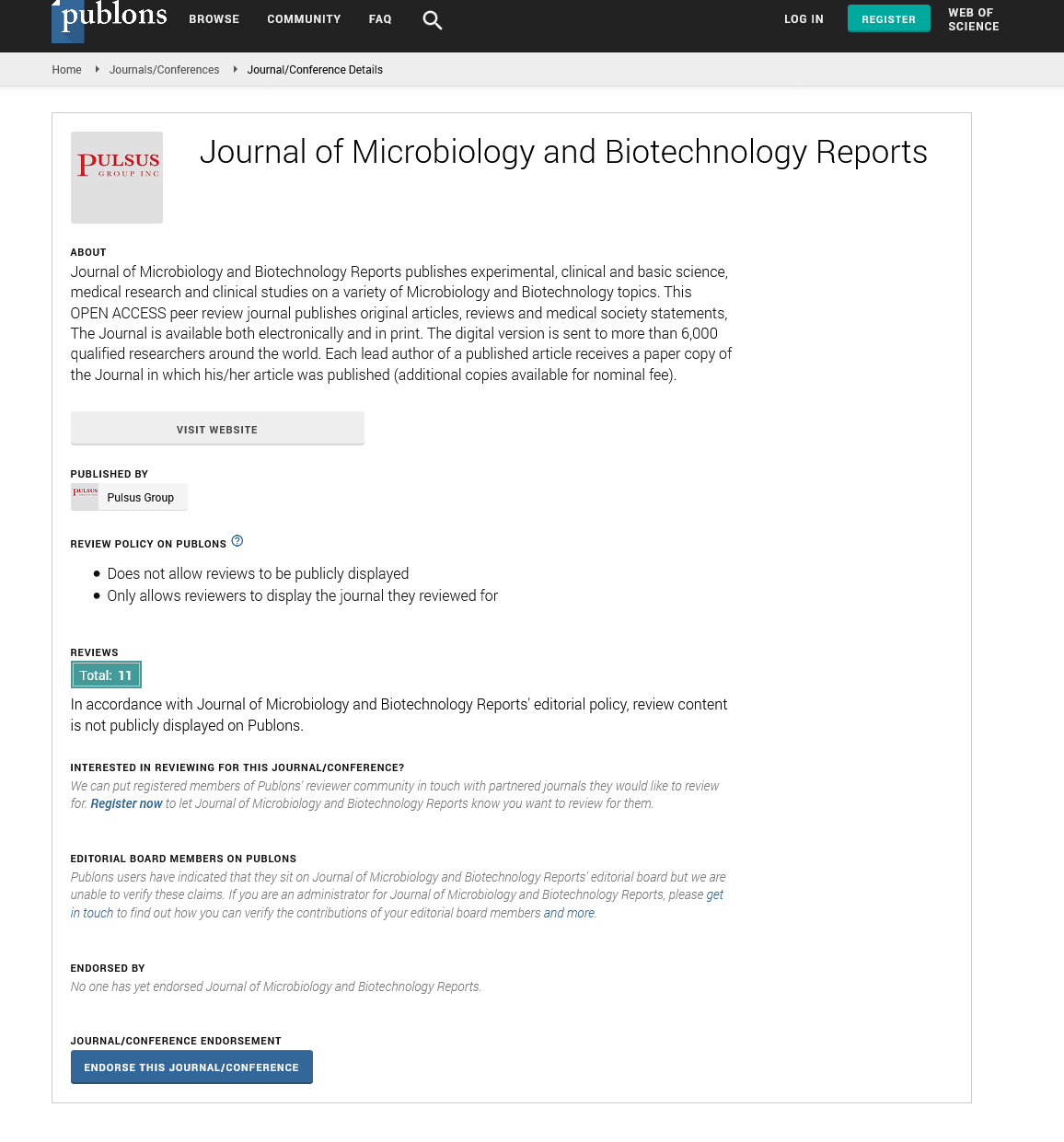
Sign up for email alert when new content gets added: Sign up
Abstract
Epigenetic Mechanisms in Pharmacological Drug Discovery and Toxicity Studies to Predict the Pathogenesis of Human Diseases in the Era of Precision Medicine and of the Global Metabolic Disease Crisis
Author(s): James E TroskoWithin global concerns of “metabolic diseases”, exposures to radiations, chemicals and microbial agents, the ineffective toxicological tests, the costly animal tests, governmental restrictions on animals for drug discovery and toxicity testing, new strategies are needed to reduce and treat these acute and chronic diseases. There is no universally acceptance of the mechanisms by which radiations, chemicals and microbial agents might contribute to the pathogenesis, prevention and treatment of human diseases. Moreover, the emphasis on “Precision” or “Personalized” Medicine, together with the availability of sophisticated molecular technologies, is starting to generate tons of data, only to be analyzed by non-biologically-based algorisms. When humans are exposed to any pharmacological or toxic agent, there are only three mechanisms of responses: (a) mutagenesis of either “DNA repair errors” or “DNA replication errors;” (b) necrosis cytotoxicity, apoptosis, autophagy; and (c) epigenetic modification of gene expression at transcriptional, translational, or post-translation rates. Although mutagenesis can affect human health, only UV radiation is an effective point mutagen, while ionizing radiation is a powerful chromosomal mutagen, and viruses can be mutagens for insertion. One needs to realize that there are three different cell types: stem cells, their progenitors and the terminally differentiated cells, each with different responses to these agents. While very controversial, it will be postulated that, even though many chemicals can induce oxidative stress, most natural and synthetic chemicals, that contribute to birth defects, cancer, cardiovascular immunological-reproductive or neurological diseases, act as epigenetic toxicants. Those drugs and chemo preventive agents seem to act epigenetically to prevent or treat various diseases. The current use of human adult, organ specific stem cells, grown in 3-dimension, will be shown to discover new drugs and to test for toxicities, based on their upstream epigenetic effects on either secreted- or gap junctional -intercellular communication.




